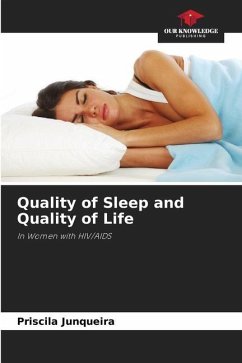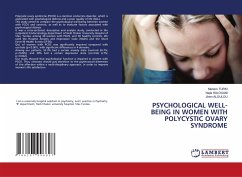
Evaluation of a mindfulness and positive psychology programme
Versandkostenfrei!
Versandfertig in 6-10 Tagen
27,99 €
inkl. MwSt.

PAYBACK Punkte
14 °P sammeln!
Introduction: Mindfulness-based interventions and positive psychology are the subject of much psychological research. Both approaches have been shown to improve quality of life and reduce anxiety, depression and ruminative symptoms (Kabat-Zinn, 1982; Lyubomirsky, 2008). The literature now tells us that chronic illnesses can encourage the emergence of this type of symptomatology (Thombs et al., 2006) and have an impact on patients' quality of life (Erpelding et al., 2009). Objective: In this study, we propose to evaluate the effect of these two types of approach on quality of life, anxiety, dep...
Introduction: Mindfulness-based interventions and positive psychology are the subject of much psychological research. Both approaches have been shown to improve quality of life and reduce anxiety, depression and ruminative symptoms (Kabat-Zinn, 1982; Lyubomirsky, 2008). The literature now tells us that chronic illnesses can encourage the emergence of this type of symptomatology (Thombs et al., 2006) and have an impact on patients' quality of life (Erpelding et al., 2009). Objective: In this study, we propose to evaluate the effect of these two types of approach on quality of life, anxiety, depression and ruminations in a population of patients with chronic illness. Method: A total of 8 participants suffering from chronic illness were divided into two groups. Results: Statistical analysis revealed no significant effect of the two interventions on the variables measured. Conclusion: Despite the lack of significance, our results are encouraging.














